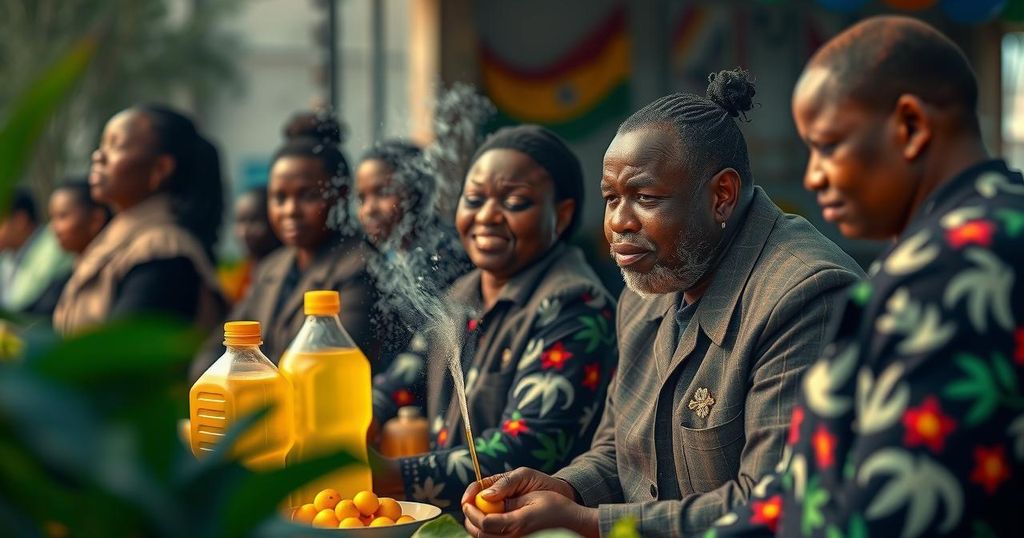A COMESA report indicates that cooking oil prices in Kenya were artificially inflated by 21% between July 2021 and December 2022, leading to excess charges of Sh67.7 billion. The findings highlight an oligopolistic market structure that permits manufacturers to impose unfair prices, thus straining food security for vulnerable populations. The CCC advocates for stricter regulatory measures to ensure fair pricing and access to essential commodities.
A recent report published by the Common Market for Eastern and Southern Africa (COMESA) has shed light on the significant overpricing of cooking oil in Kenya. Results from the COMESA Competition Commission (CCC) indicate that between July 2021 and December 2022, consumers were charged 21% above the fair price, amounting to an excess cost of Sh67.7 billion. The fair price per litre was determined to be approximately Sh274; however, customers were paying Sh333 per litre. The report suggests that price hikes were unjustified, exceeding the actual increases in crude palm oil costs, and that despite declining crude palm oil prices post-Q1 2022, consumer prices for cooking oil remained unjustifiably high well into early 2023.
The findings reveal a concerning trend within the cooking oil market structure in Kenya, characterized as an oligopoly, where a limited number of companies dominate the industry from procurement to distribution. This vertical integration and diminished competition enable these firms to set prices that do not reflect the actual market situation, thereby disadvantaging consumers. Historical data reveals a stark contrast in oil prices, which had stabilized at approximately USD1.6 (Sh207) per litre during 2019 and 2020, only to spike dramatically after that period, significantly affecting Kenyan households, particularly the most vulnerable.
The financial implications of the aforementioned overcharging extend beyond individual consumers, with the lost Sh67.7 billion representing a significant opportunity cost to national development. Such funds could have otherwise been allocated to essential sectors such as education, healthcare, and employment generation. In light of these revelations, the CCC has called for more stringent regulatory measures within essential commodity markets to secure equitable pricing and improve access to cooking oil, which is a vital dietary component for many households.
The topic of the report pertains to the pricing practices within Kenya’s cooking oil market, which has come under scrutiny due to significant overpricing by manufacturers. The cooking oil industry operates under an oligopoly, indicating that a few companies hold substantial power over pricing and distribution processes. The consequences of these pricing strategies have profound implications for consumer welfare and economic development, particularly for households that depend on affordable cooking oil as a staple in their diets. The historical context of oil pricing demonstrates how dramatic fluctuations can adversely affect food security, especially for vulnerable populations.
In conclusion, the revelations from the COMESA report highlight the urgent need for regulatory scrutiny of Kenya’s cooking oil market to protect consumers from excessive pricing practices. The findings illustrate a concerning pattern of overcharging that has led to significant financial repercussions for Kenyan households, undermining food security for many. The CCC’s call for regulatory intervention emphasizes the necessity for improved market conditions to ensure fair pricing and accessibility of cooking oil, a fundamental dietary necessity.
Original Source: www.mwakilishi.com






